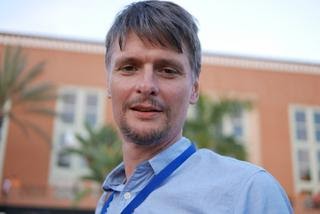
Overview
Software systems are increasingly complex and include different actors and components interacting in dynamic environments. Maintaining such systems is a difficult task where human intervention is not feasible. Autonomous computing has explored approaches to optimise systems’ performance by changing their structure, behaviour, or environment variables. These approaches rely on feedback loops that accumulate knowledge from the system interactions to inform autonomous decision-making. However, this knowledge is often limited, constraining the systems’ interpretability and adaptability. This project proposes to explore the capabilities of Large Language Models (LLMs) for self-adaptive systems. The main idea is to replace current autonomous RL-agents with LLM-based agents to make self-adaptive decisions.
FAQs
- What will I learn in this Project?
You will learn about autonomous computing and self-adaptive systems, their architecture, and how they are used to solve problems in different domains and scenarios.
- What is the objective of the project?
Rapid advances in Large Language Models (LLMs) open new opportunities to include these tools in complex decision-making processes. This project explores the inclusion of LLMs as software agents to make self-adaptive decisions by replacing the traditional agents based on Reinforcement Learning (RL). The project’s first step would be integrating one or more LLM agents into the current self-adaptive systems architecture and evaluating their performance in well-known benchmarks (e.g., SEAMS exemplars, OpenRL, etc). You would then compare the LLMs-based agent’s performance against current baselines. Finally, you would explore possible alternatives to improve the LLMs’ results with techniques such as Retrieved Augmented Generation (RAG).
- How does this fit into the bigger picture?
This project is part of the Self-Sustaining Software Systems (S4) research agenda. The goal behind S4 is to enable a new concept for adaptable systems. S4 aims to build knowledge loops between different knowledge sources to improve their adaptability.



